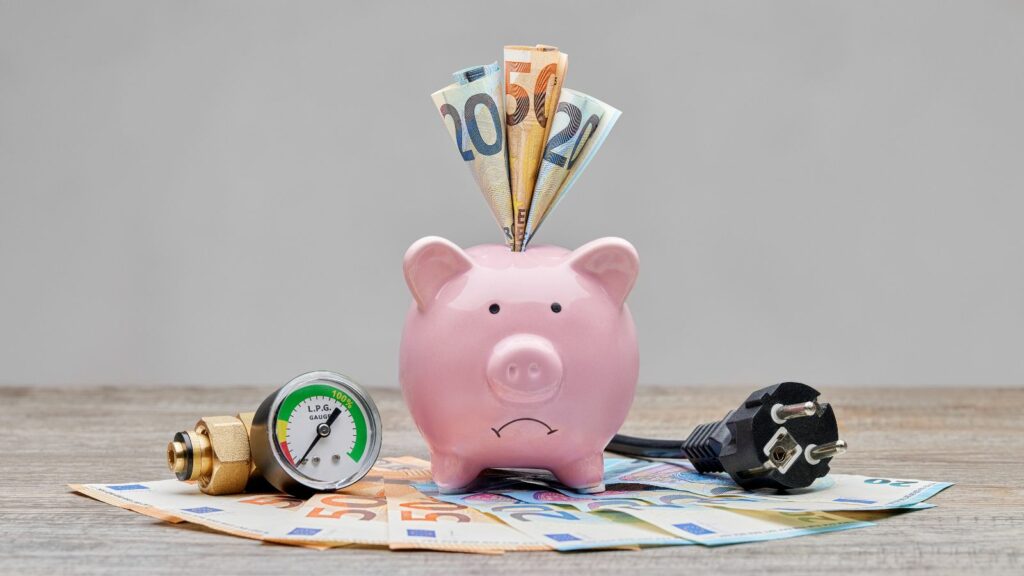Lifestyle inflation, or lifestyle creep, refers to the tendency to increase spending with income growth. While it’s natural to want to improve your quality of life, this lifestyle inflation can significantly affect your savings and long-term financial health if left unchecked. Many people fall into this trap, not realizing the hidden ways in which it can undermine their financial stability. Below, we explore 19 little-known impacts of lifestyle inflation on your savings, shedding light on how small spending habits can become more considerable financial challenges over time.
Reduced Emergency Fund
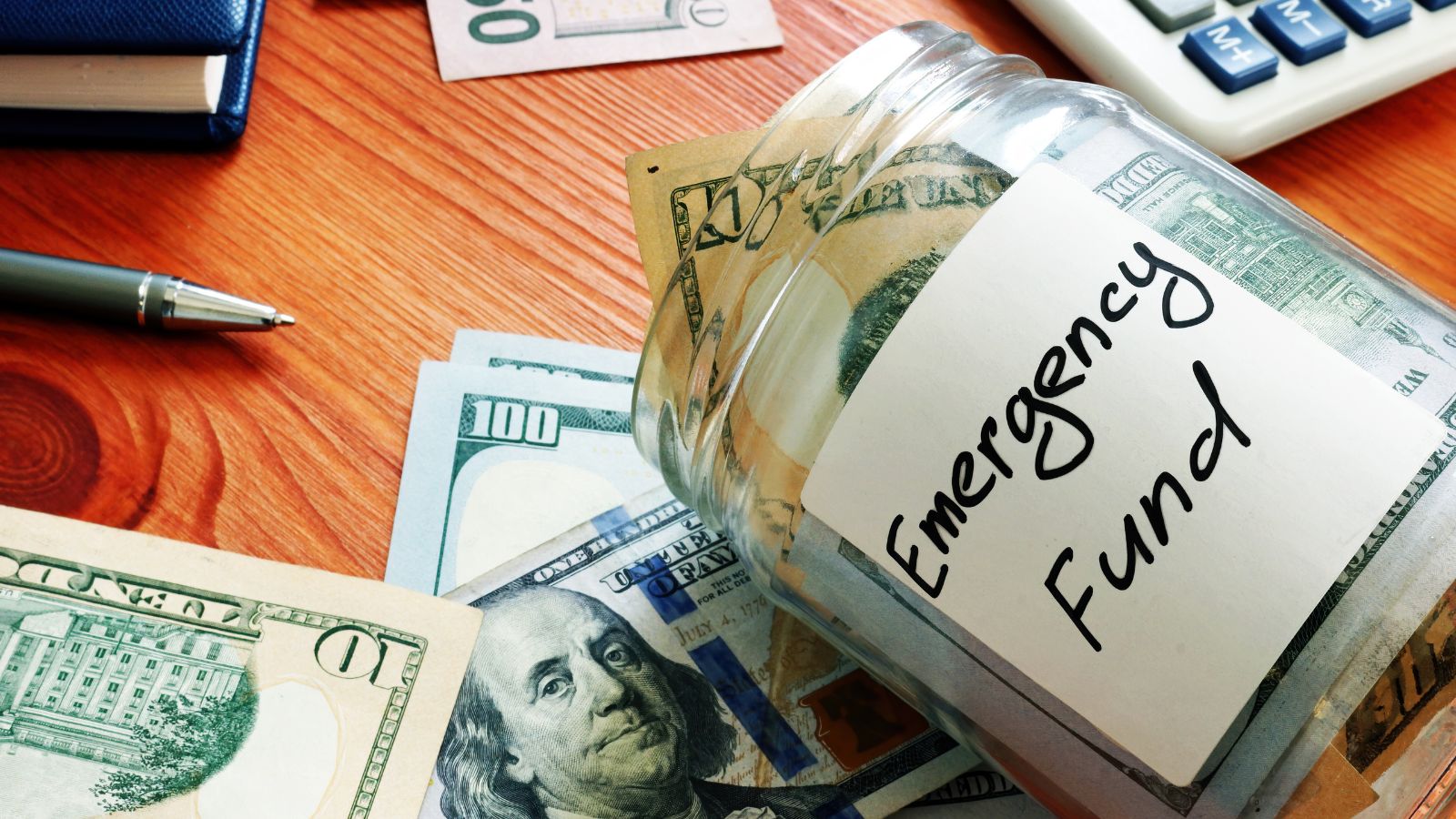
As individuals increase spending due to lifestyle upgrades, such as moving to a nicer home, dining out more frequently, or purchasing new technology, their overall expenses rise significantly. This increase often necessitates drawing funds from previously set aside savings, creating a scenario where the money designated for an emergency fund is not growing as intended.
Consequently, this imbalance can lead to a lack of sufficient financial buffer in times of crisis. When unexpected situations arise—such as sudden medical emergencies or unforeseen job losses—individuals may find themselves inadequately prepared, facing increased financial strain without the necessary resources to cope.
Delayed Financial Independence

Spending more on discretionary items usually means saving less for long-term goals like early retirement or financial independence. Lifestyle inflation diverts funds from potential investments that could benefit you significantly. It also helps you secure your present.
Increased Debt Levels
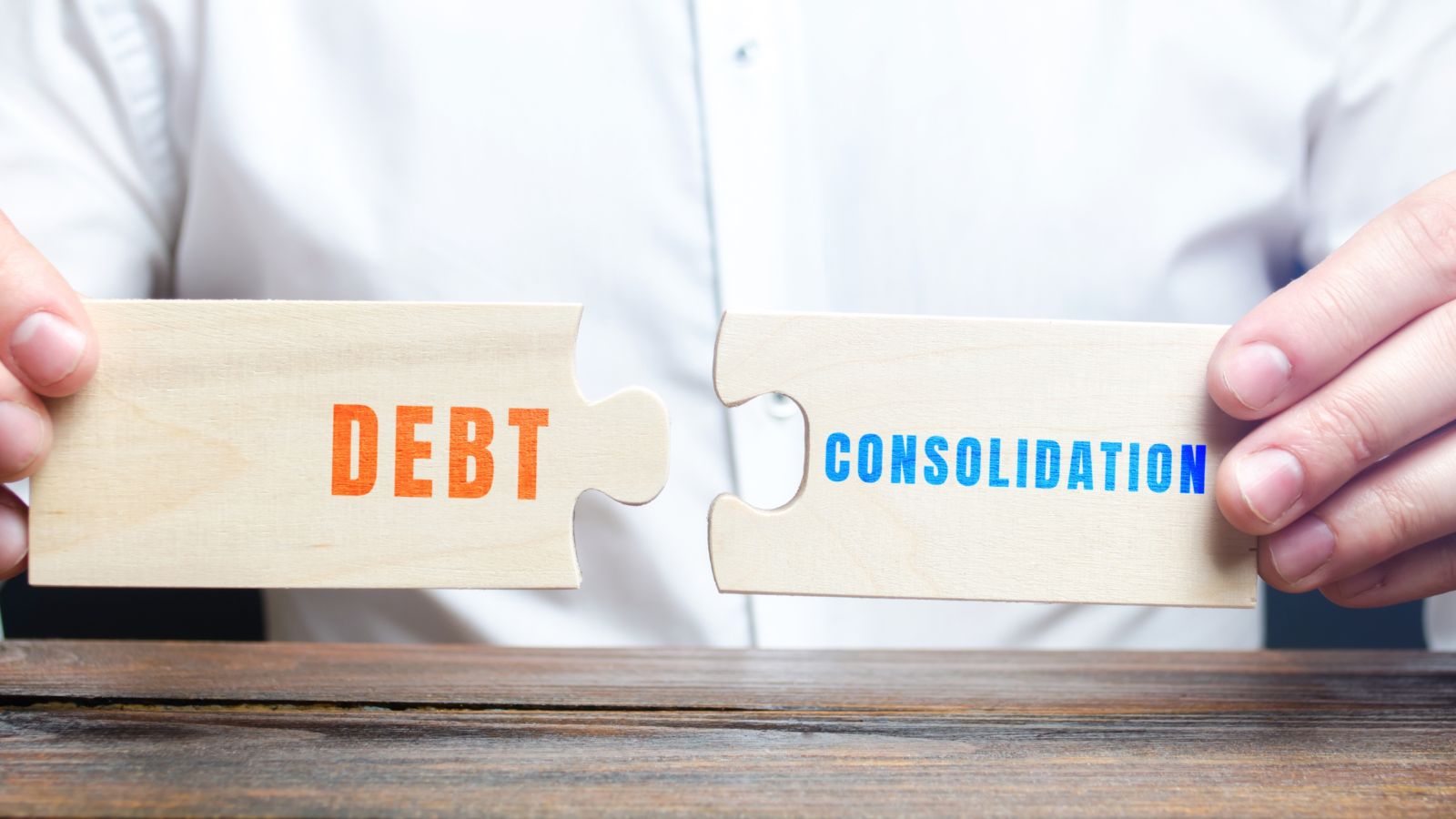
When lifestyle upgrades outpace income growth, individuals rely on credit cards or loans to maintain their new spending habits. This leads to increased and higher debt levels and interest payments, which further wears away savings.
Missed Investment Opportunities

Many investment opportunities are missed with every extra dollar spent on non-essential items that could have been a dollar invested. Lifestyle inflation reduces the amount available for investments, thus hindering the individual’s ability to benefit from future investments.
Higher Fixed Costs
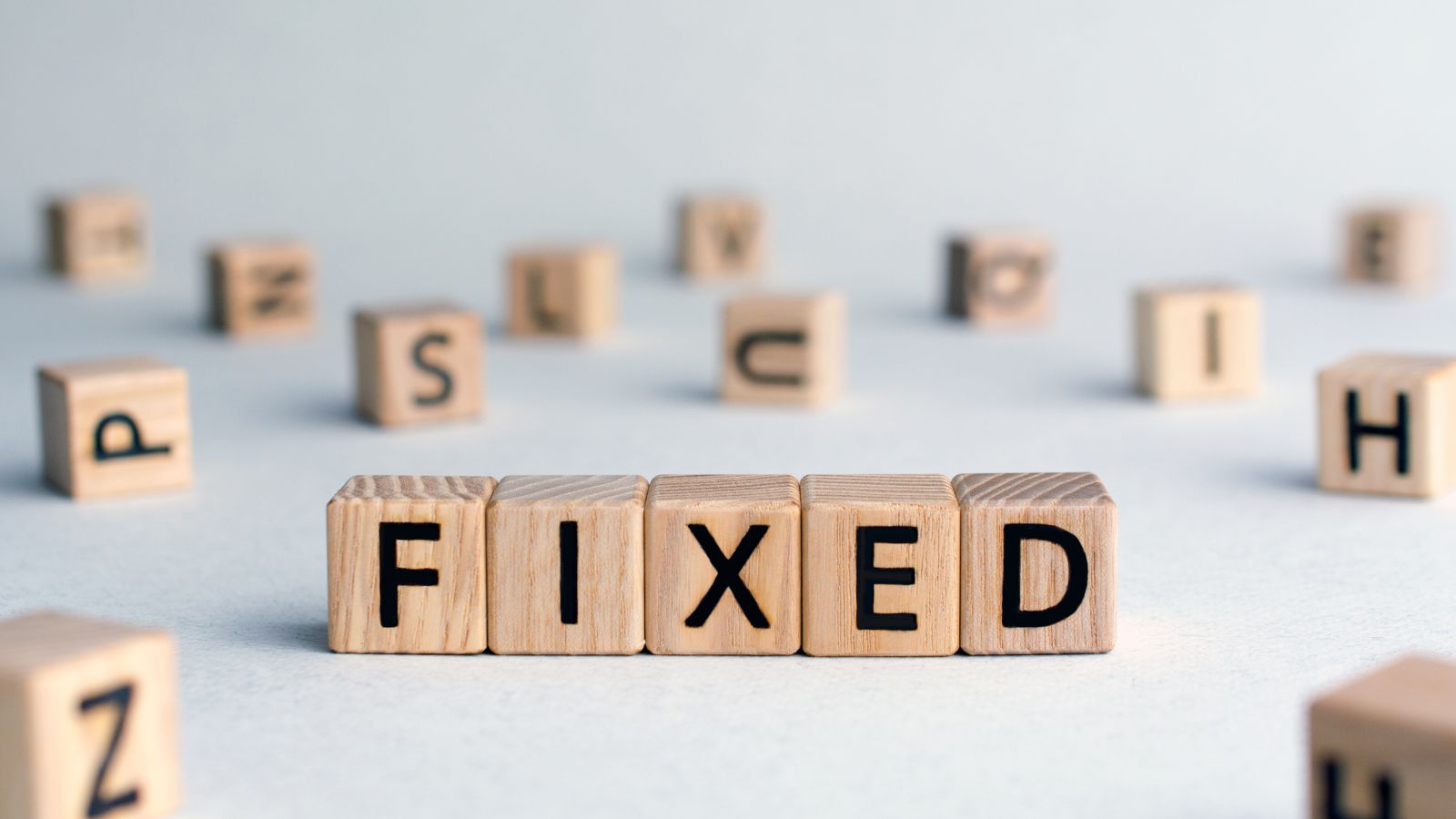
Upgrading to a bigger, better home or a luxury car increases fixed expenses like mortgages, insurance, and maintenance costs. These higher costs make adjusting harder for financial difficulties and limit your ability to save.
Lack of Budget Discipline
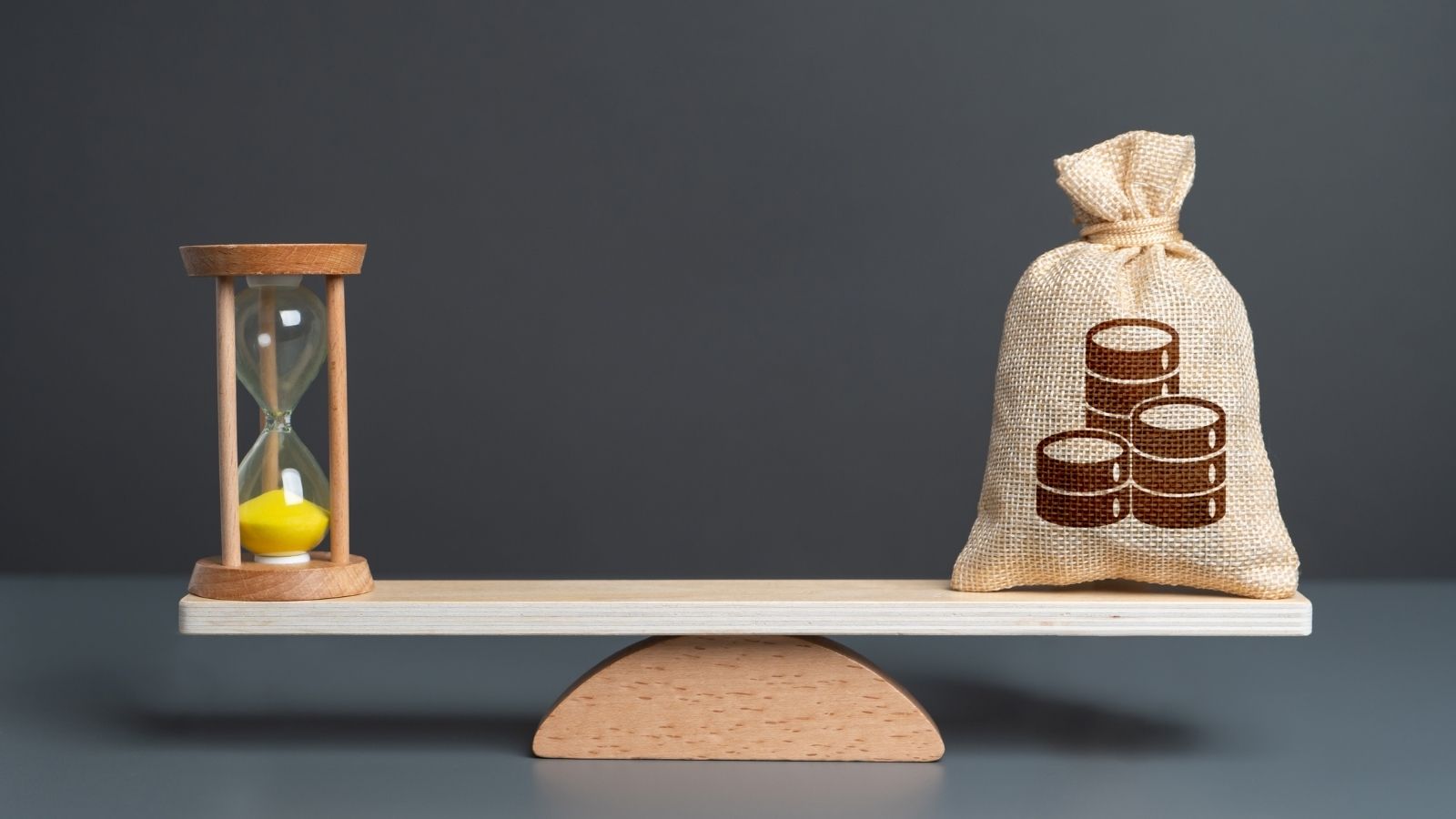
Managing one’s budget and spending according to it is essential. As spending increases, it becomes harder to stick to a budget. This lack of discipline can lead to overspending and make it challenging to set aside money for savings or investments.
Increased Pressure to Maintain Appearances

Lifestyle inflation often stems from the desire to keep up with friends or societal expectations and fit in. This pressure to maintain appearances can lead to unnecessary spending on branded clothing, gadgets, or dining out, which may not be affordable in the long run.
Weaker Retirement Savings

A larger portion of income continuously spent on lifestyle upgrades would mean less contribution to retirement accounts like 401(k)s or IRAs. Over time, this can result in insufficient funds for retirement.
Erosion of Financial Security
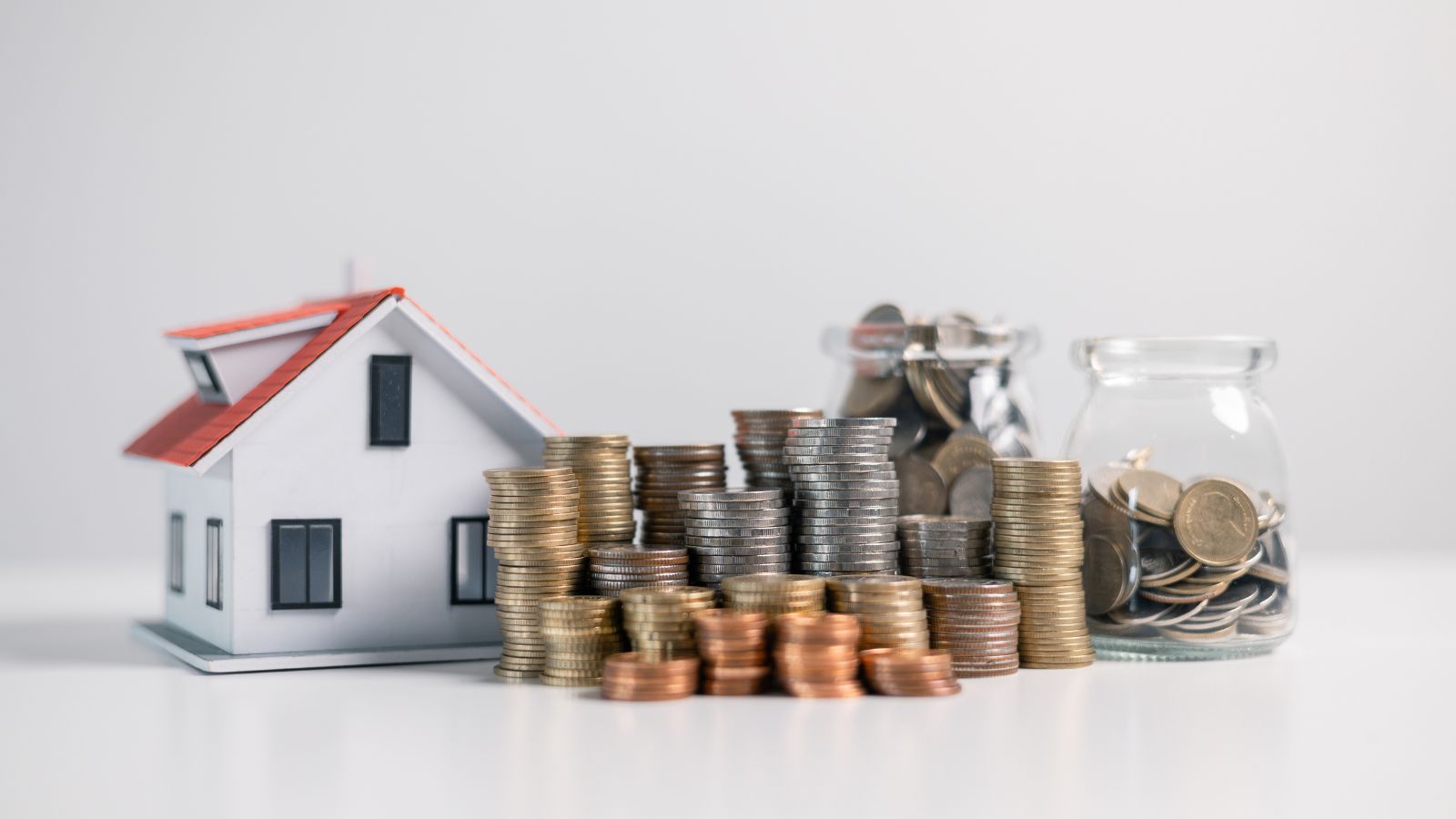
The rising living costs have significantly exacerbated the challenges of achieving and sustaining financial security. Many individuals and families grapple with numerous expenses that consume a large portion of their income, leaving little room for savings or investments.
As a result, even minor financial disruptions, such as a temporary reduction in income due to job loss or unexpected medical expenses, can escalate into serious problems. These minor setbacks can spiral into major financial crises, leading to debt accumulation and long-term instability.
Overlooked Hidden Costs

Expenses for major upgrades like a larger home or luxury car often include hidden costs, such as increased utility bills, property taxes, and maintenance fees. These expenses can accumulate over time and deplete your savings.
Increased Risk of Living Paycheck-to-Paycheck

Lifestyle inflation reduces the gap between income and expenses, leaving little room for savings. This increases the risk of living paycheck-to-paycheck, even with a high income.
Reduced Ability to Handle Inflation

It becomes more challenging to absorb the impact of adverse external factors, such as inflation, when the cost of living rises. This inflation on necessities like food, gas, and utilities leaves even less money for savings.
Neglected Financial Goals

As spending priorities shift towards maintaining a high-budget lifestyle, long-term financial goals like homeownership, debt repayment, or travel savings are often dropped in priority or forgotten altogether.
Lower Financial Resilience
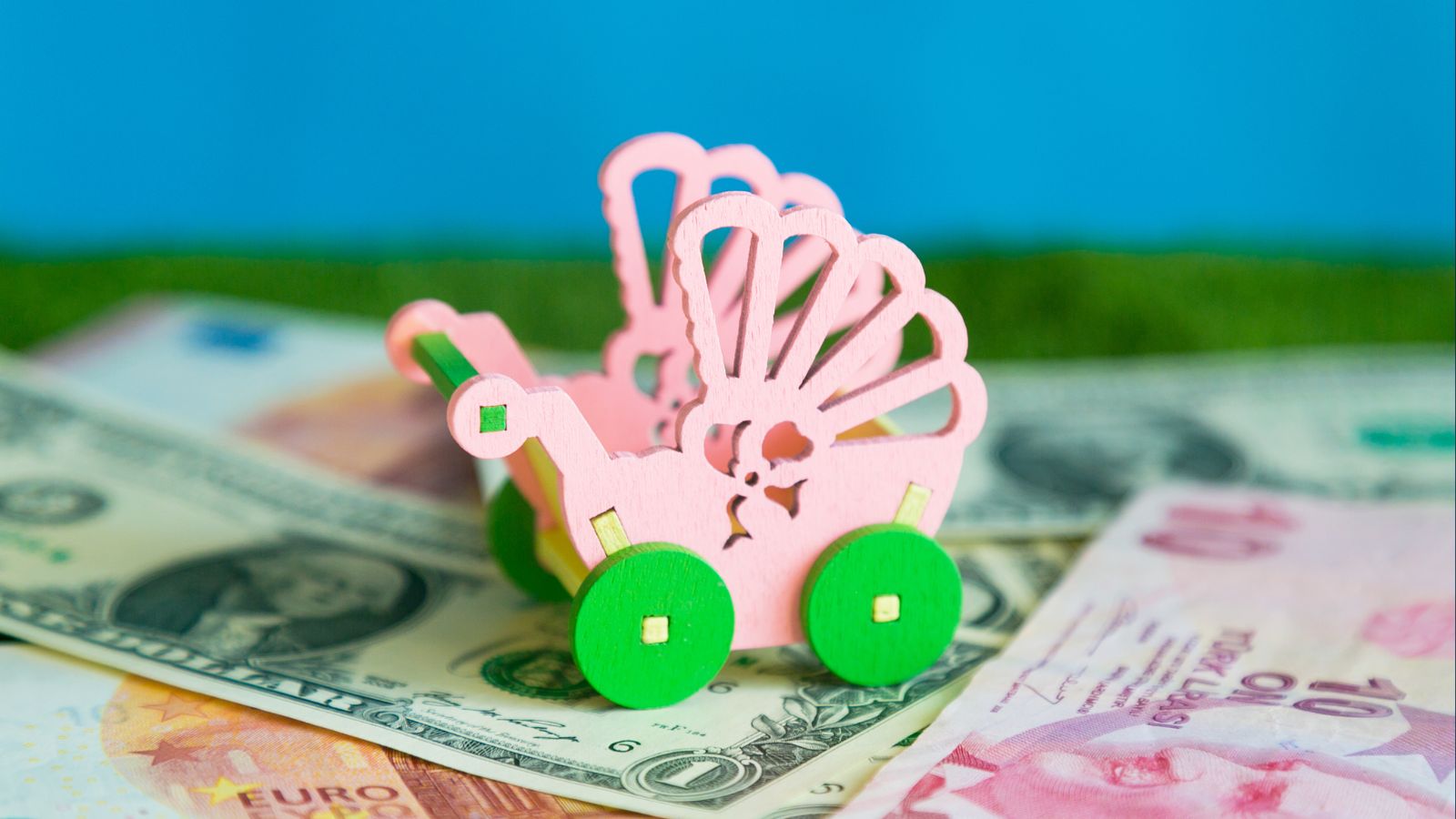
Lifestyle inflation limits one’s ability to cope with unexpected life changes or financial challenges, impacting the available financial cushion. As a result, issues like family needs, medical emergencies, and economic downturns become significantly more challenging to manage.
Dependency on Future Income
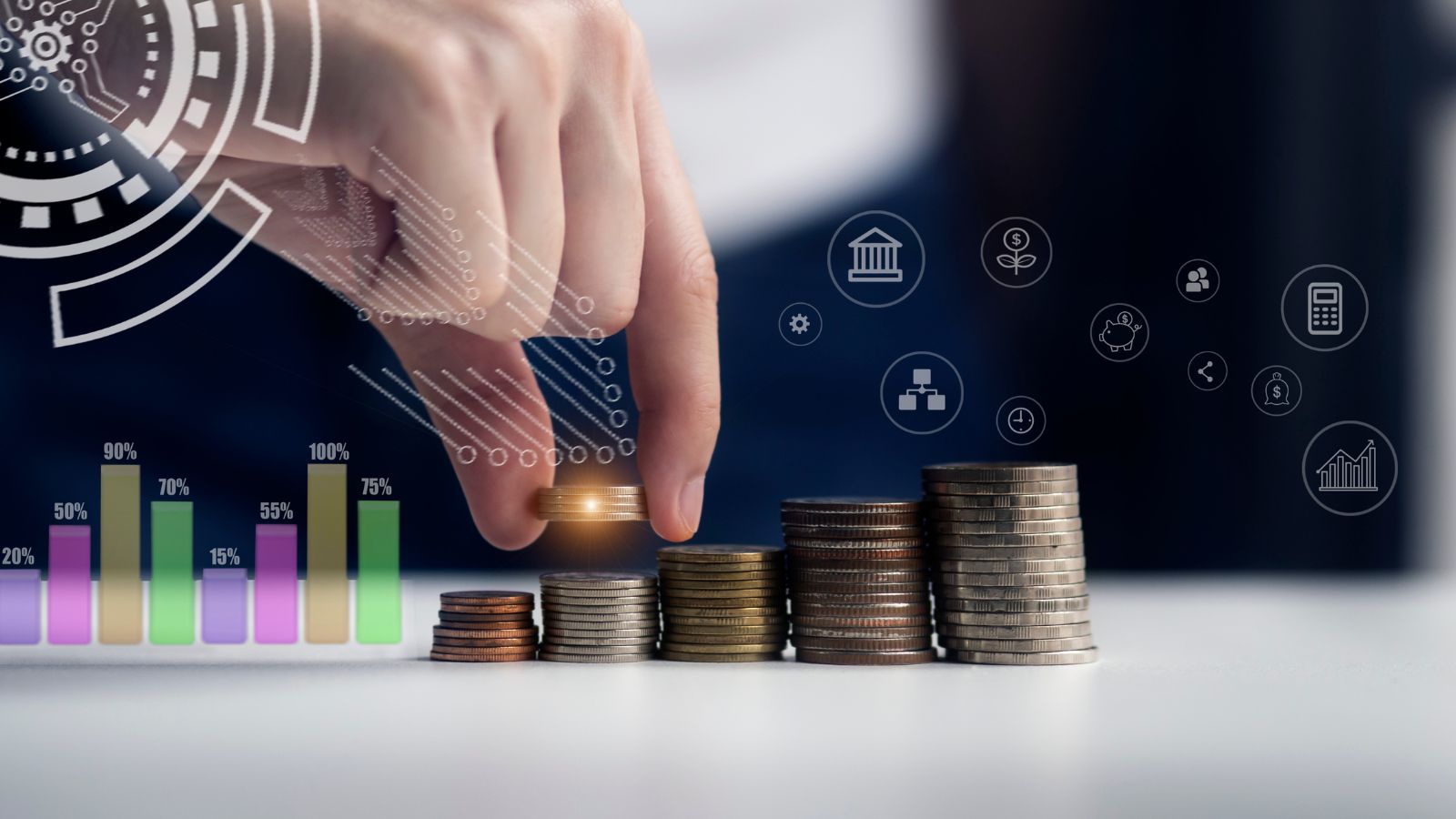
Spending habits influenced by lifestyle inflation often rely on continuous income growth. Consequently, if income levels stabilize or decrease, upholding this lifestyle can result in considerable financial stress.
Diminished Savings Rate
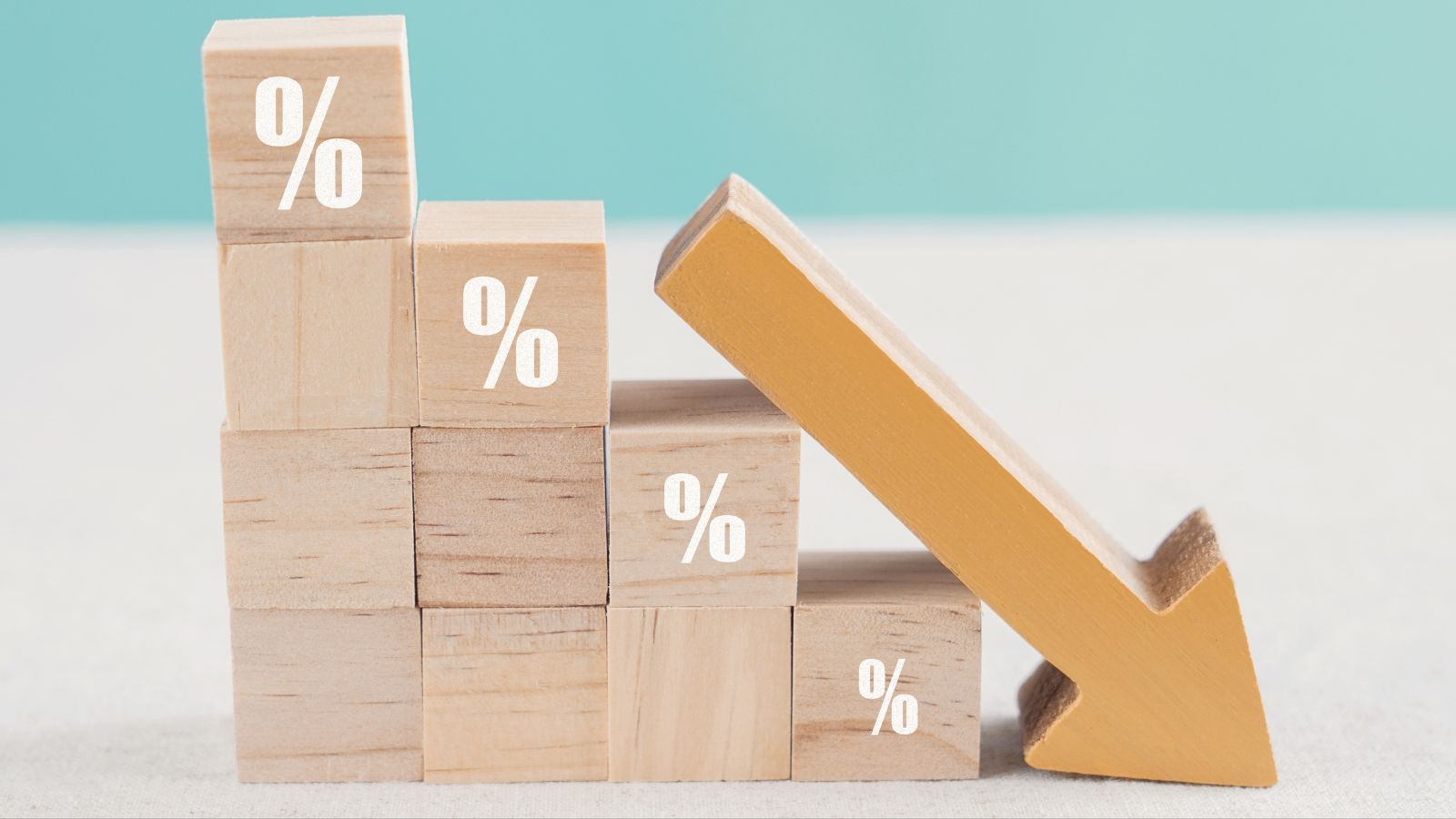
The higher the income spent on lifestyle upgrades and luxurious items, the more proportional the impact is on your savings rate, slowing your progress toward financial milestones and generating money.
Increased Stress and Anxiety

A more expensive lifestyle often brings about greater financial obligations, leading to stress and anxiety about things like meeting bills, maintaining appearances, or saving enough for the future.
Negative Impact on Relationships

Financial stress caused by lifestyle inflation can strain relationships, especially if partners have differing opinions on finances or their spending habits or priorities differ. Disagreements over money are a leading cause of relationship conflict.
Lost Opportunities for Frugality

Adopting a higher-cost lifestyle makes reverting to frugal habits difficult. This loss of flexibility can become a significant obstacle during financial challenges.
Conclusion

Lifestyle inflation is a subtle yet powerful force that can slowly and quietly erode your financial stability and long-term savings. While it’s natural to want to enjoy the fruits of your labor, unchecked spending can lead to increased stress, missed opportunities, and financial insecurity. By understanding the hidden impacts of lifestyle inflation and adopting mindful spending habits, you can strike a balance between enjoying life today and securing your financial future.
25 Countries Predicted to Become Economic Superpowers in the Next 20 Years

The strength of an economy plays a crucial role in various international policies about trade and relations. Certain factors determine the strength of an economy, including population growth, availability of resources, and development and advancement. Here are 25 countries predicted to become economic superpowers in the next 20 years
25 Countries Predicted to Become Economic Superpowers in the Next 20 Years
